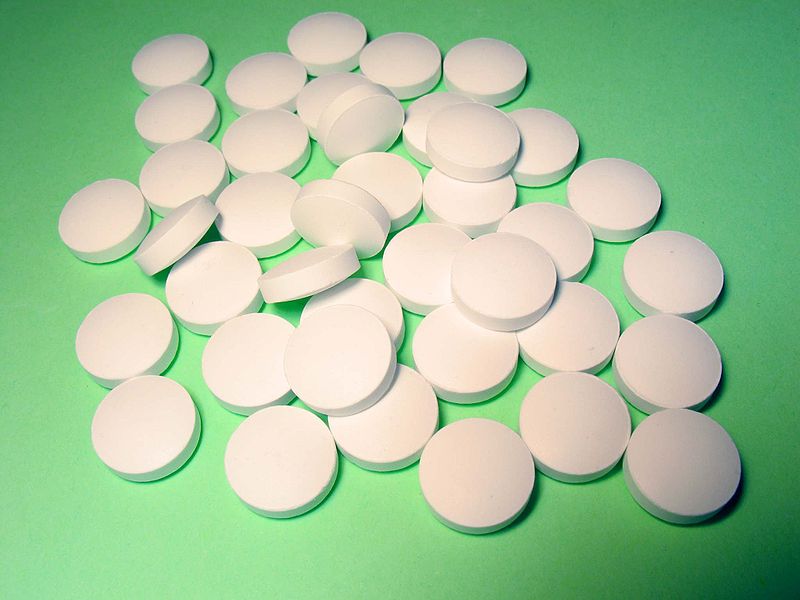Receptor selectivity β1>β2>>>>α
Dobutamine has a greater affinity for beta 1 receptors. It produces greater ionotropic effect than chronotropic effect. This is useful as increase in oxygen consumption occurs to a lesser extent. Because dobutamine acts more on beta 1 receptors, therefore, vasodilatation does not occur which may possibly be the reason for greater ionotropic and lesser chronotropic effect. (vasodilatation causes decreased TPR which increases heart rate).
Pharmacokinetics
As it is a catecholamine, it cannot be given orally. It is always used I/V in cardiac surgeries and MI to control heart failure. It has a short half life of about 2 minutes. It has more ionotropic effect than chronotropic effect.
Therapeutic Uses
- Given in congestive cardiac failure as a supportive measure
- Cardiogenic shock as a supportive measure
- Cardiac surgery –e.g. coronary artery bypass grafting, sometimes when the heart is restarted it does not functions fully so given
- Stress Echocardiography
Echocardiography is done to visualize the functions of valves, ventricles and walls. Pharmacological stress may be given in ischemic heart disease, that portion moves less.
Adverse Effects
Adverse effects include tachycardia, arrhythmias and angina.
Continue Reading
Sympathomimetics -Introduction
Drug Treatment of Cardiac Failure
 howMed Know Yourself
howMed Know Yourself




